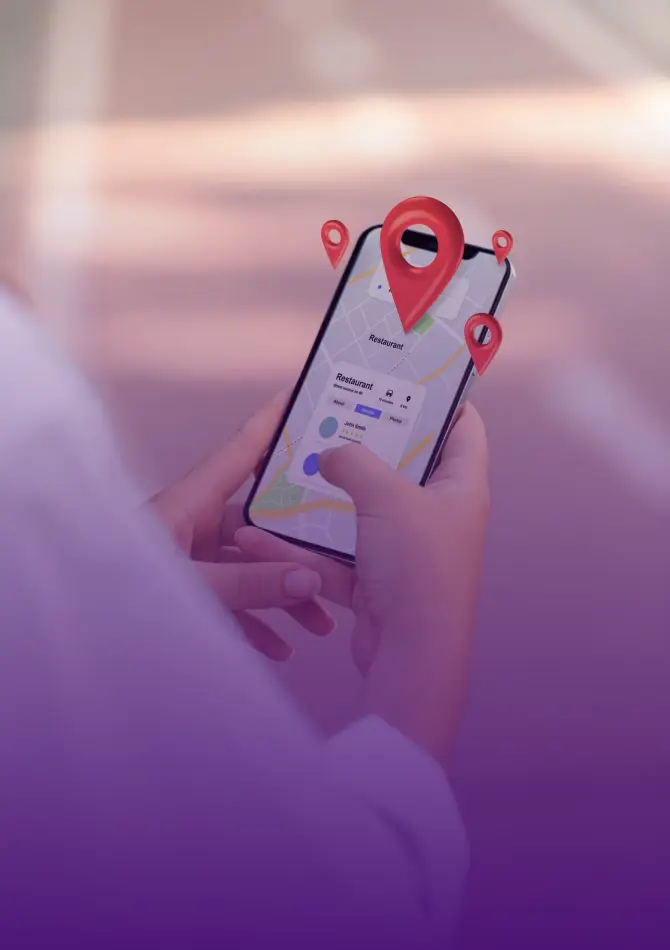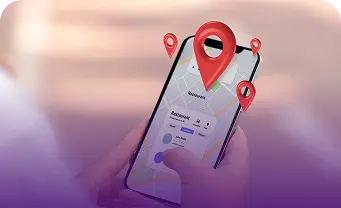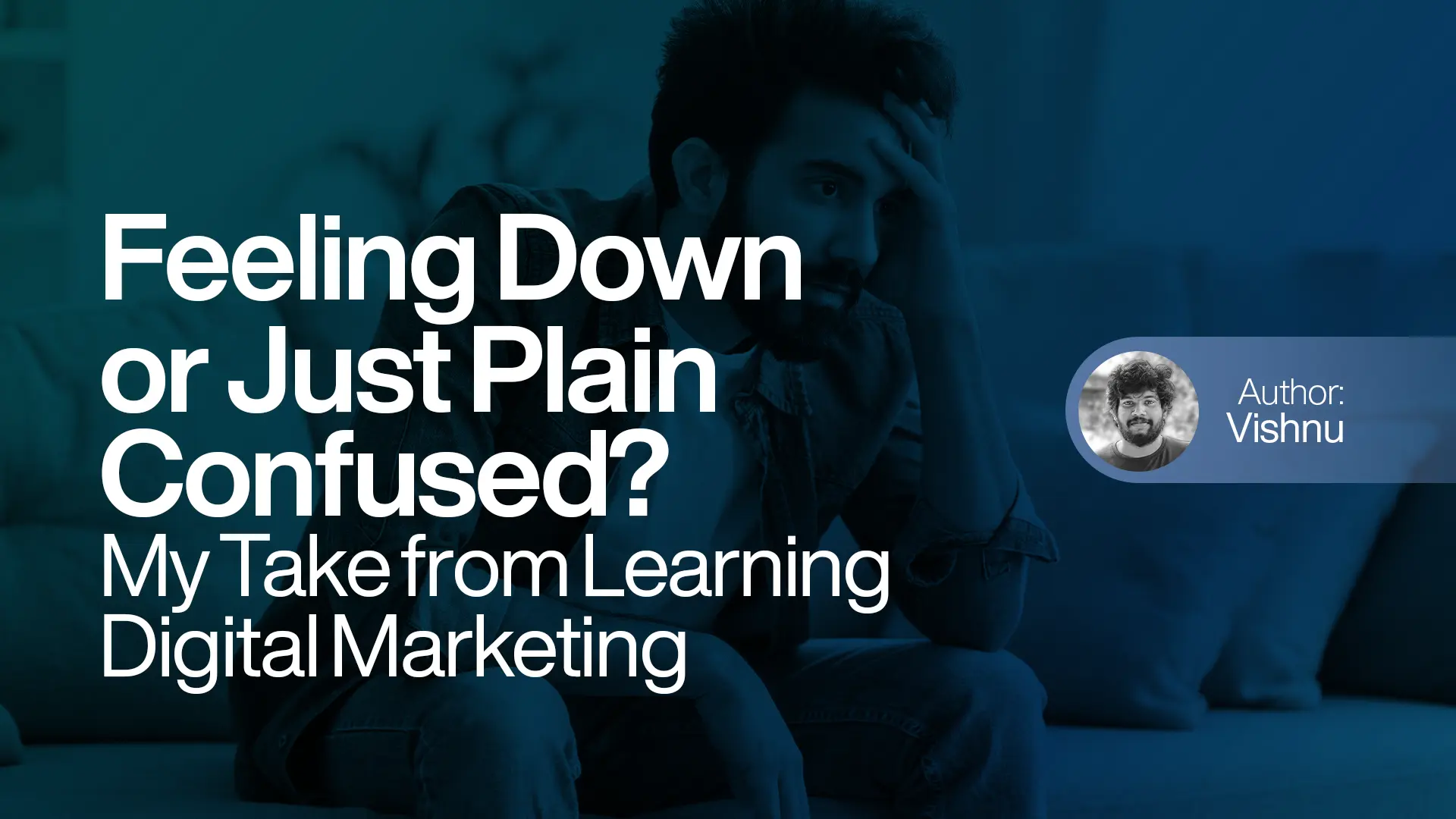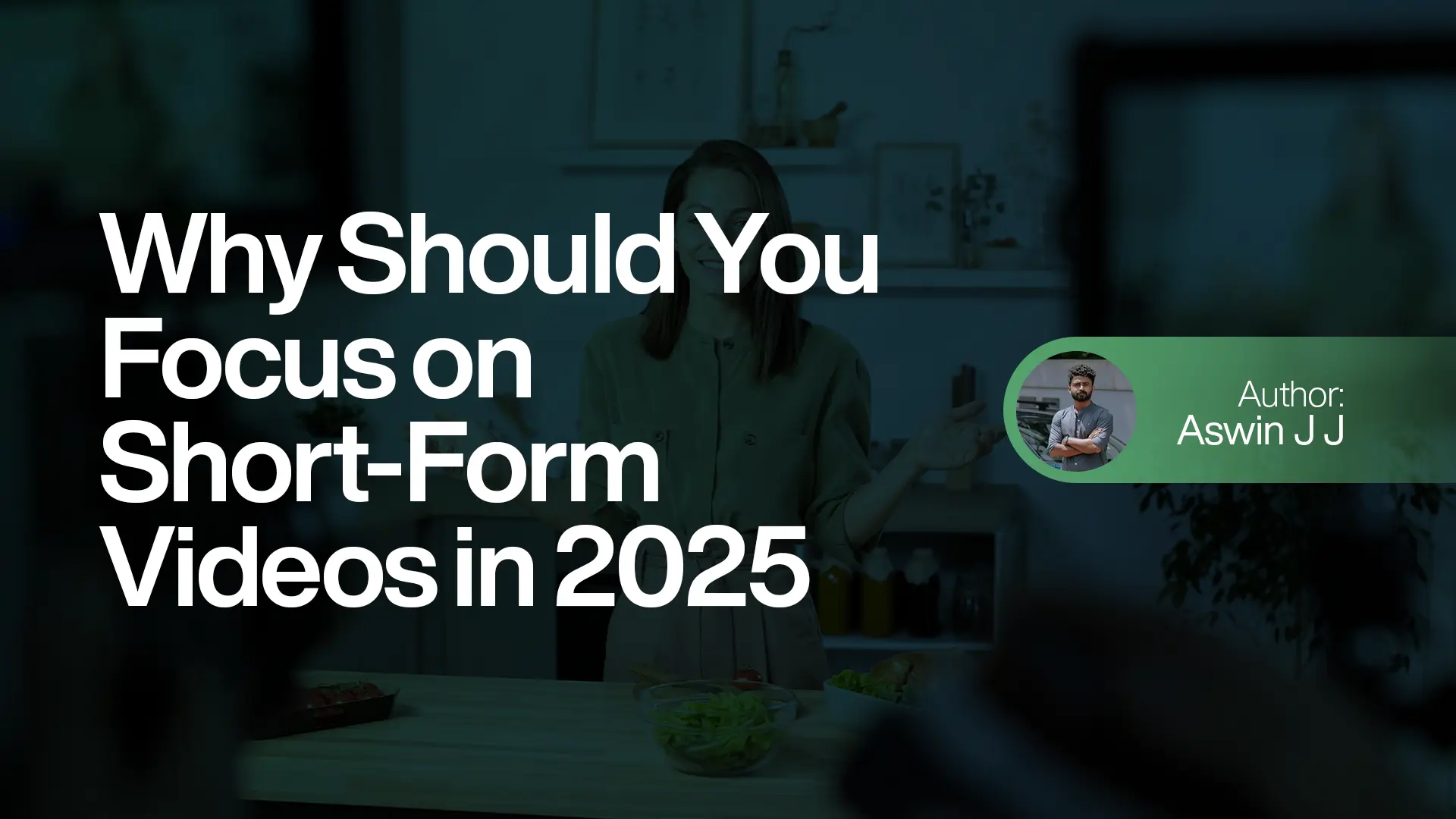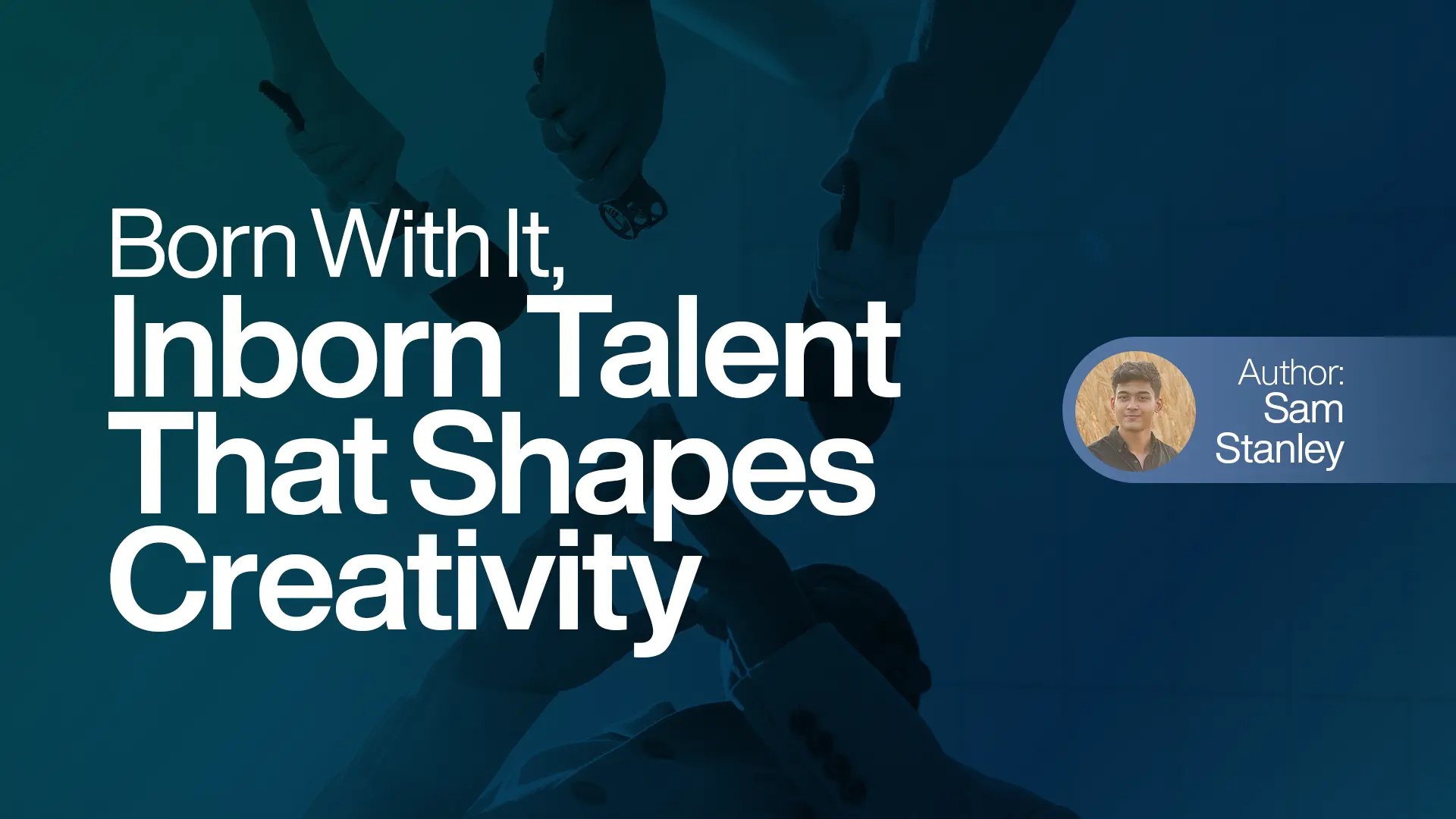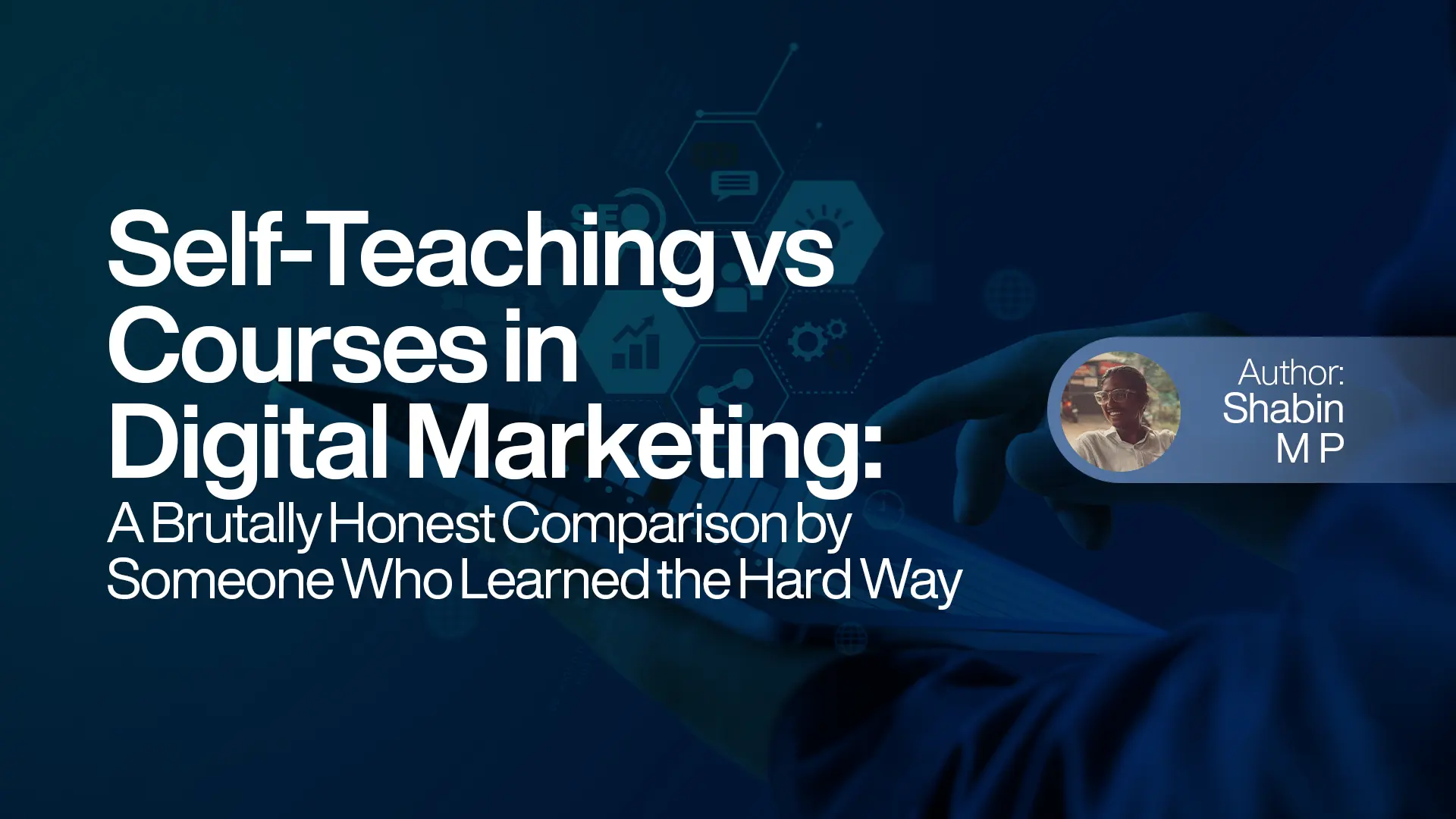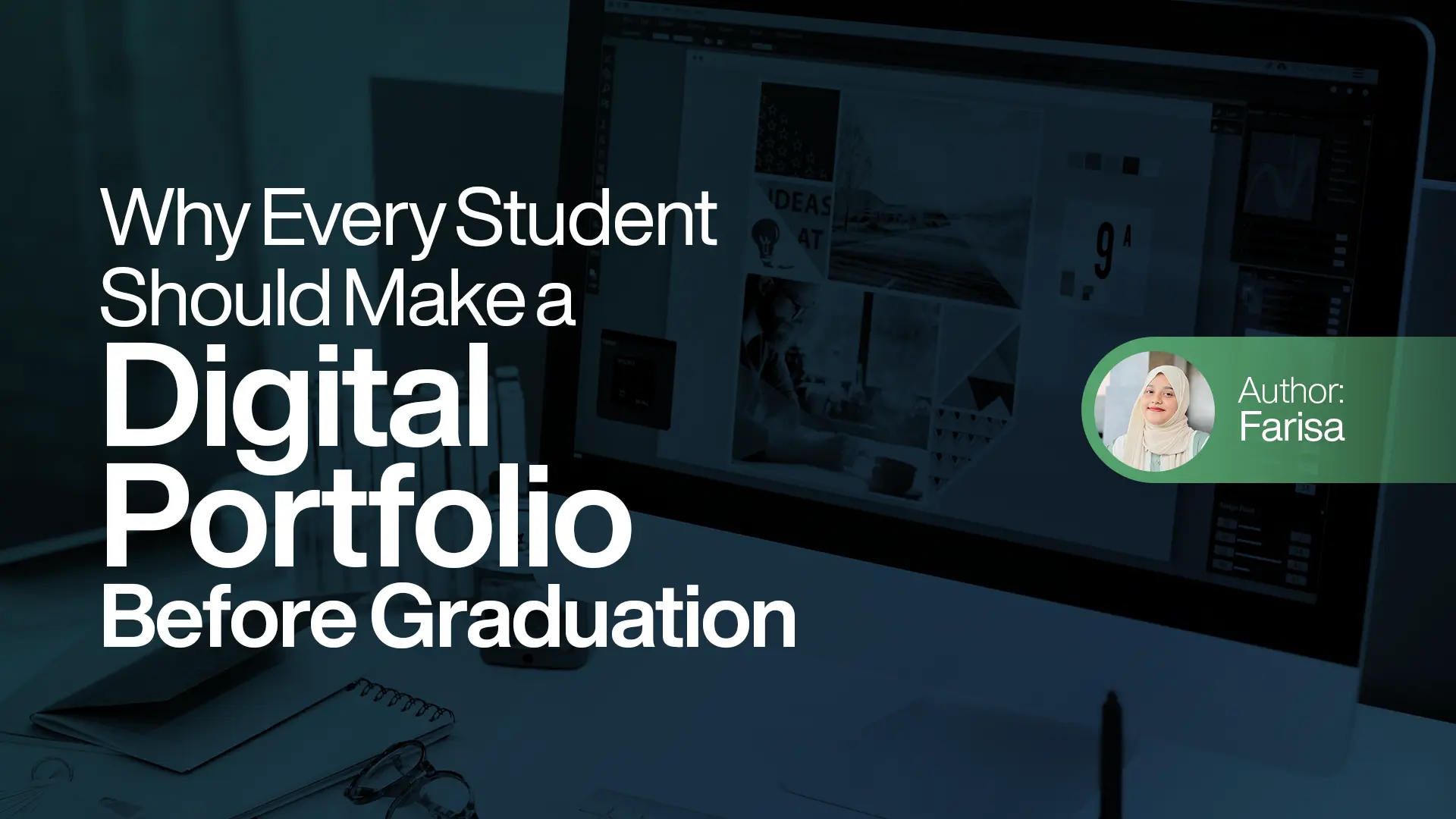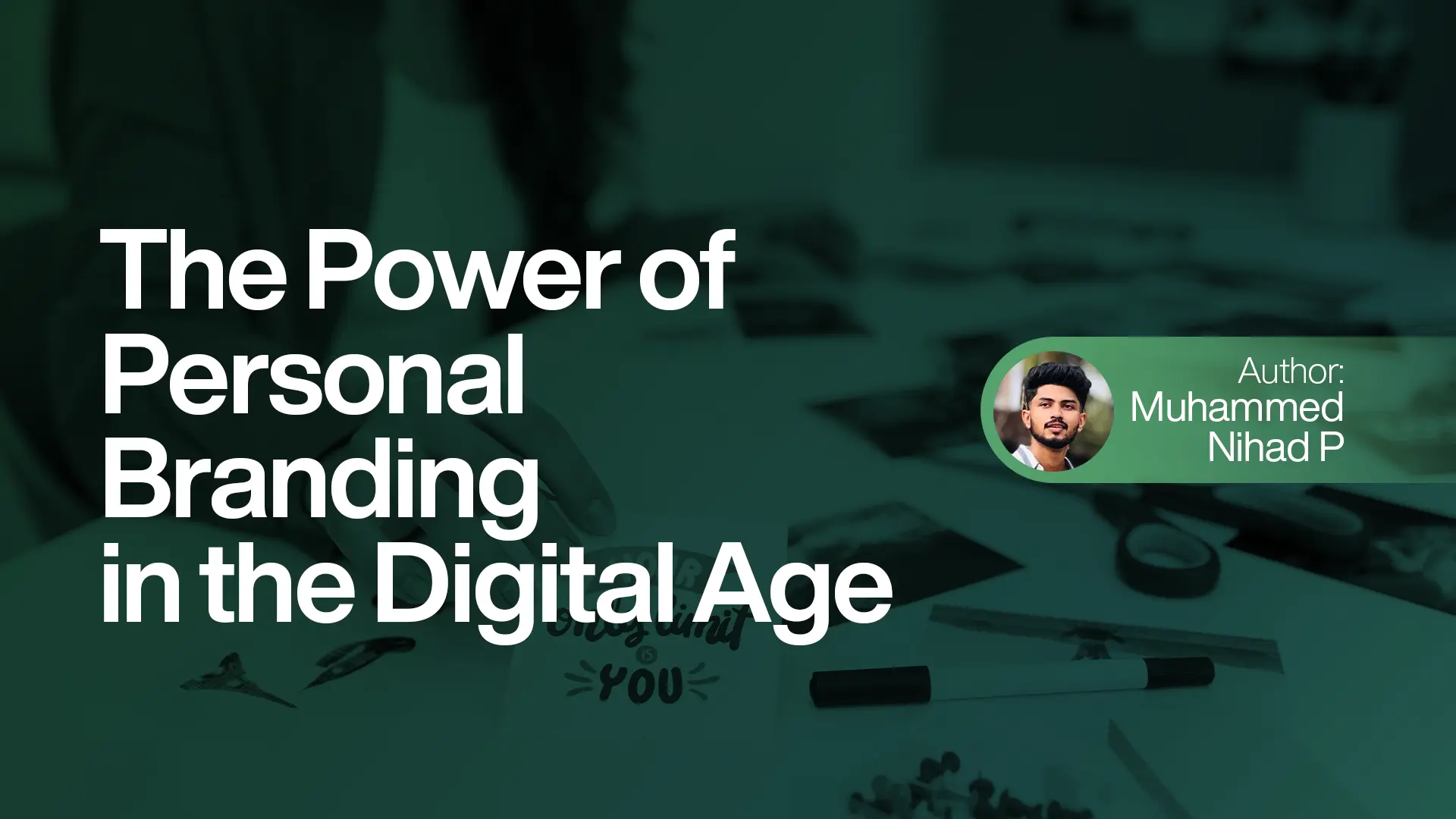So, I recently jumped into the world of digital marketing. It's like learning a whole new language for how the internet talks to us. And honestly, it's totally changed how I see stuff online, especially all those posts about mental health.
As a newbie in this field, I'm learning how people use pictures, stories, and feelings to connect with us online. It's super interesting and powerful! But it also made me think, "Hey, we need to be a bit smarter about this, especially when we're scrolling through our feeds."
One of the first things I noticed? How much mental health stuff is EVERYWHERE online. Quick videos about feeling anxious, catchy quotes about being burnt out, ads promising to fix your emotional struggles. It's non-stop And look, lots of these posts mean well. They want to spread awareness and make us feel less alone. But sometimes, maybe without meaning to, this content can actually make things more confusing for people who are already feeling a bit wobbly.
My Own Story
Let me tell you what happened to me. I used to be, well, pretty lazy. Not just a chill Sunday lazy, but more like, always putting things off, no real schedule, and zero get-up-and-go. And like many people in their mid-twenties, I hit a rough patch. Didn't know what I was doing with my career, felt pressure to have it all figured out, kept comparing myself to everyone else. It was a lot.
So, I did what anyone does: I started Googling things like "why am I so lazy?" or "how to stop procrastination. And boom! Suddenly, my social media feeds were packed with posts about procrastination. Tips, scary warning signs, and of course, ads for solutions. Every day, I saw stuff like "10 Signs You're a Chronic Procrastinator" or "Is Your Laziness a Symptom of Something More?"
After seeing this day in and day out, I actually started convincing myself I had some kind of serious problem. Everything I read seemed to point to some sort of diagnosis, and the answer online always seemed to involve buying something – a course, a coaching session, a fancy app.
What Really Helped Me
Here’s where things changed. I joined this digital marketing course. Suddenly, my days took shape. I had classes in the morning, worked in the afternoon and evening, and took proper breaks. I had stuff to do, and more importantly, I was actually doing it. And slowly, without even noticing, I just stopped thinking about being lazy or procrastinating.
That's when I realized the big deep-seated issue wasn't that at all. Maybe I just needed a bit of a schedule and something meaningful to work on. I didn't need some complicated fix. I just needed to be busy and stick with something.
How Online Marketing Fits In
Now that I’m learning the ropes of digital marketing, I get it. Marketers are taught to focus on what bothers people, their "pain points." Why? Because people pay attention and click on things they emotionally connect with. It's not necessarily a bad thing – it's just how you get people to notice you online.
But in sensitive areas like how we feel mentally, this kind of content can sometimes push us into overthinking or fearing the worst about ourselves. Content that stirs up feelings is powerful. It grabs your eye, feels relatable ("OMG, that's ME!"), and makes you click. But it can also plant seeds of fear or doubt, especially when you're already feeling a bit vulnerable.
Social Media Isn't Your Doctor
This is super important to remember: your social media feed is not the place to figure out if you have a health issue. Yes, it can show you that others feel the same way. Yes, it can teach you a little bit. But it does not have all the answers, and it should never be a stand-in for talking to a real professional if you're struggling.
Feeling tired, stuck, or unmotivated sometimes is just part of being human. It doesn't mean you have a medical condition. And even if you do, no online post can or should label you.
Be Smart, Not Scared
Not all online marketing is trying to trick you. But let's be real, there are ads and influencers who care more about selling stuff than genuinely helping you. Some content is designed to make you feel a certain way just so you buy whatever they're offering. That's just how some parts of the online world work.
This isn't about saying digital marketing is evil. Actually, I think it can do amazing things when used the right way! But we all need to be a bit more clued up about how it works and how it might be affecting us, especially when we're feeling a bit low.
My Simple Message to Anyone Feeling Stuck
If you're having a tough time, please try not to believe everything you see when you're scrolling. The internet is full of advice, opinions, and ads – but not all of it is created with real care or accuracy. Some problems are absolutely real and need proper help. But sometimes, what feels like a huge issue might just need simple things like getting into a routine, sticking with something, or getting support from the people who care about you offline.
The answer isn't always found in downloading another app or signing up for an online course. Sometimes, it's just about showing up for your own life, one day at a time.
From what I've learned, social media can be a helpful tool, but it can also seriously mess with your head if you're not careful. Use it to learn new things and find inspiration – but please, don't let it tell you who you are or what you're going through. You are so much more than what pops up on your screen.
Author
VISHNU A, a Best Freelance Digital Marketing Expert in Mumbai.
Learner of CDA Digital Marketing Training in Kochi.

